Communication for Quality Care
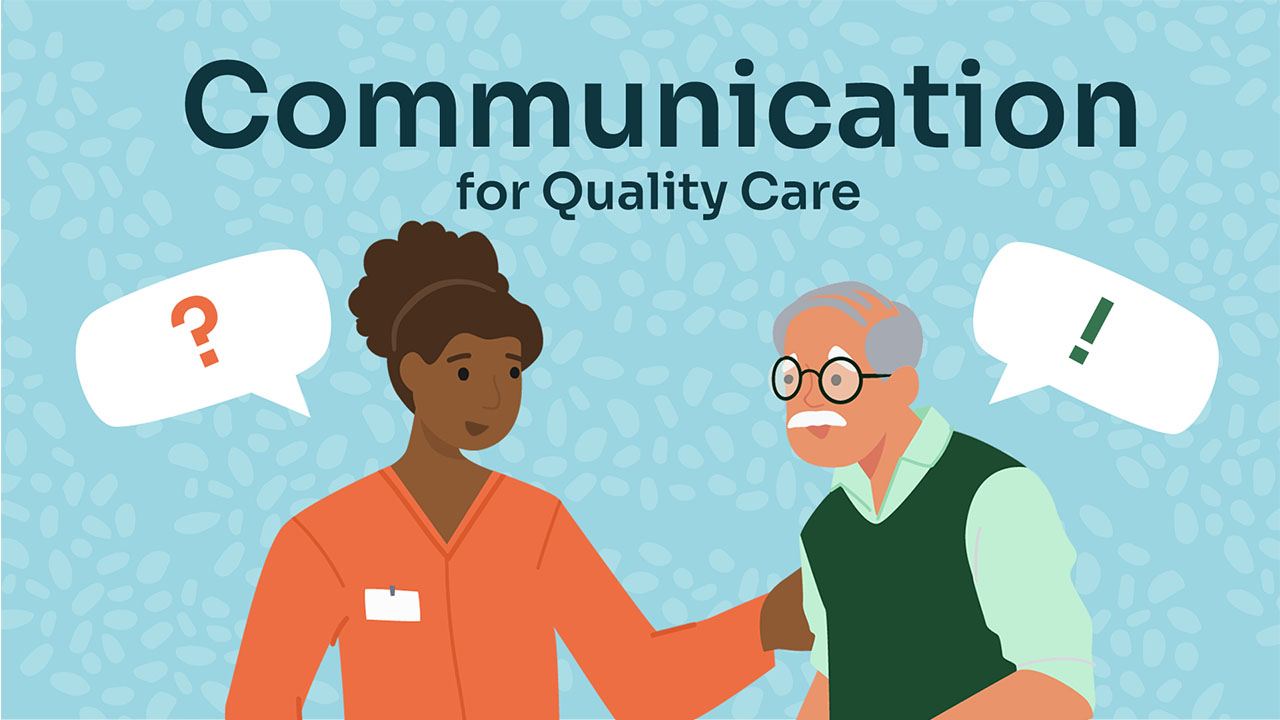

Effective communication is a skill all healthcare professionals need, but one that not all are naturally good at. This Ausmed Course explores effective communication through several common communication scenarios you may find yourself in, to help you navigate and master each interaction you have in your day-to-day practice.
Content
5 Units • 17 Questions
What you'll learn:
Understand the importance of effective communication.
Implement structured clinical handover processes.
Develop the skills to communicate critical information effectively.
Who it's for:
All healthcare professionals looking for information on effective communication.
Why it's needed:
Effective communication skills are crucial for those who work in healthcare and could be the difference between life and death. In a single day, healthcare workers can speak to countless people of varying educational, cultural and social backgrounds and they must do so in an effective, caring and professional manner. Though considered a 'soft' skill, effective communication is one of the National Safety and Quality Health Service (NSQHS) Standards that all healthcare professionals are expected to meet.
Purpose:
To provide the learner with skills to ensure effective communication in healthcare, guided by the National Safety and Quality Health Service (NSQHS) Standard 6: Communicating for Safety.
Topics
For Teams
Assign to your staff
Assign mandatory training and keep all your records in-one-place.
Find out moreMeet your educator
Content Integrity
Ausmed strives for the highest level of content integrity and accuracy in our educational resources.
Last updated29 May 2022
Published29 May 2022
Due for review30 May 2027
Accreditation Information
Disclaimer
Disclosure
Usage
Cite this resource
ANCC Accredited
The Ausmed Education Learning Centre is accredited with distinction as a provider of nursing continuing professional development by the American Nurses Credentialling Center’s Commission on Accreditation.

Recommended resources
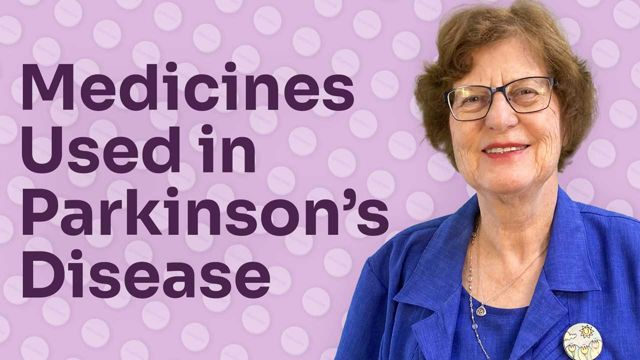
Medicines Used in Parkinson's Disease
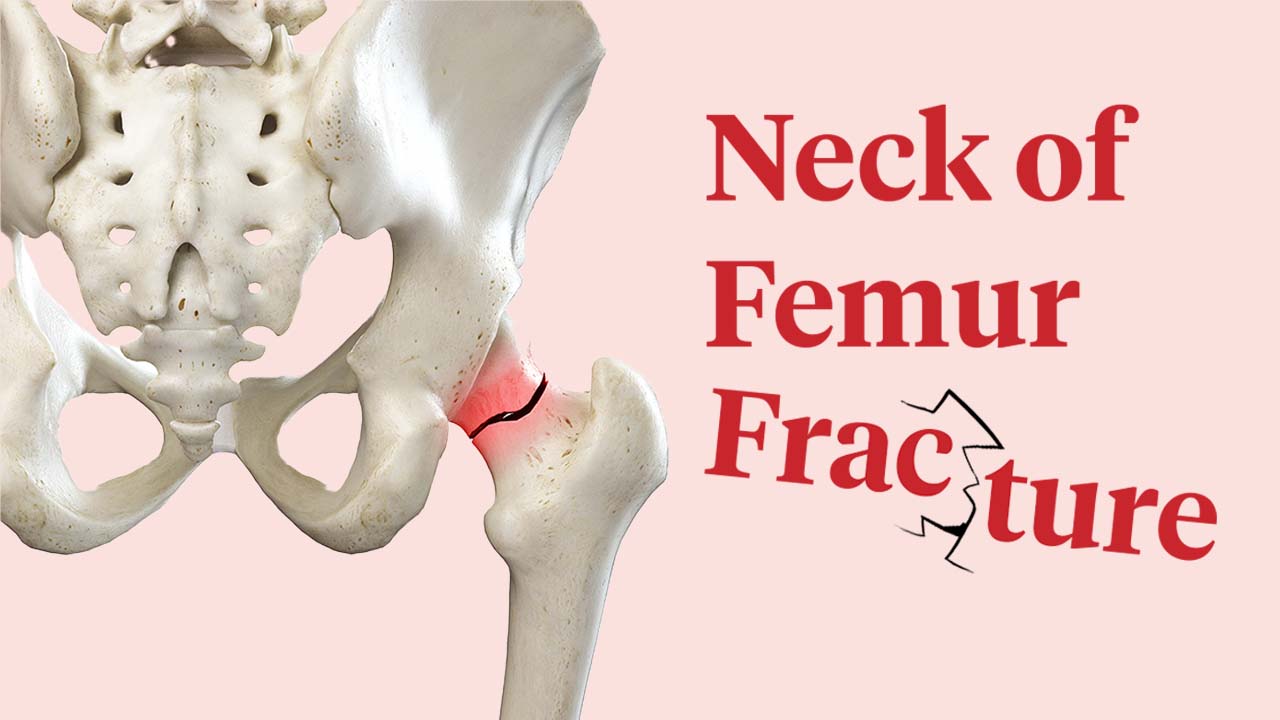
Neck of Femur Fracture
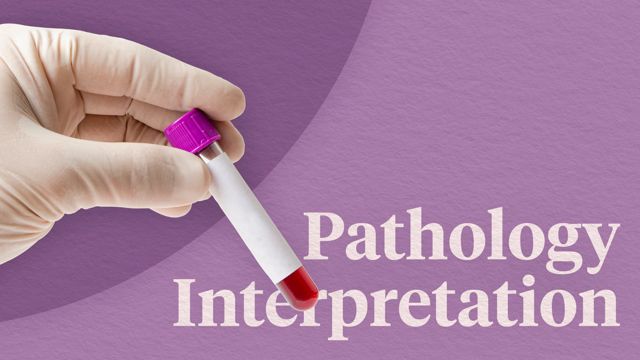
Pathology Interpretation
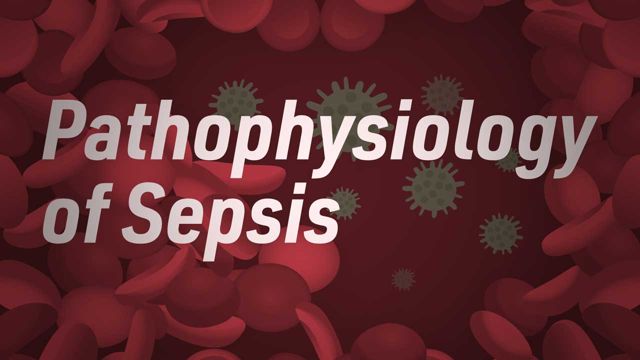
Pathophysiology of Sepsis

Sliding Scale Insulin: Best Practice Update

What is a Stoma?

Workplace Incivility: Not Taking it Personally

Pain Management

Perioperative Hypothermia

Phlebotomy